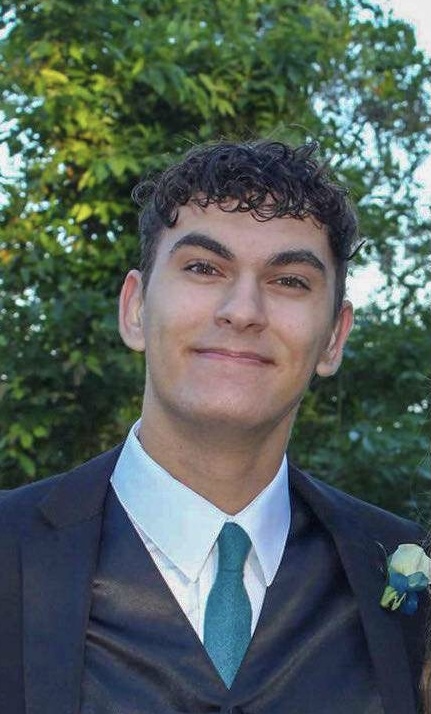Research Symposium
22nd annual Undergraduate Research Symposium
Zach Helms Poster Session 1: 9:00 - 9:45/ Poster #18

BIO
I am Zach Helms, from Gulf Breeze, Florida. I hope to get a PhD after undergrad and maintain a career as a forensic psychologist. I am excited at the idea of studying witness evaluation and credibility, as well as bias and its impact in the courtroom. My interest in research was sparked from my 6th grade science fair project on the placebo effect, and I've been seeking answers to questions ever since.
Social Media and Informal Learning
Authors: Zach Helms, Dr. Stacey Rutledge; Dr. Vanessa DennenStudent Major: Psychology
Mentor: Dr. Stacey Rutledge; Dr. Vanessa Dennen
Mentor's Department: Educational Leadership and Policy Studies; Educational Psychology and Learning Systems Mentor's College: College of Education Co-Presenters: Noah Hearing
Abstract
Current understanding in the field of education has come to realize the importance out-of-school learning has on students. Out of school learning can come from external sources, but is often self-directed, with a curriculum chosen specifically by the individual. This self-directed learning, also called informal learning, can vary in its setting and domain; in person and online. The purpose of this study is to identify what social media platforms are used to facilitate informal learning, and analyze the information gained from doing so. In this study we used student interview transcripts regarding educational experiences during the COVID-19 pandemic. We identified students who were interested/participating in learning through an online, social media setting (a nontraditional setting where informal learning might occur) and codified both the information sought/gained as well as the social media platform used. To identify what qualified as informal learning, we employed the five-category framework as established by Callanan et. al,. This framework realized informal learning as learning that was 1) non-didactive, (2) highly socially collaborative, (3) embedded in meaningful activity, (4) initiated by learner’s interest or choice, and (5) removed from external assessment. We then performed a content analysis of the data to identify what information was most sought after and through which platform that information was found. The results demonstrated a favored use of social media for informal learning through the Covid-19 pandemic by teen students, with a highlighted preference for YouTube, and a particular interest category of current events.
Keywords: Informal learning, Social media, COVID-19

